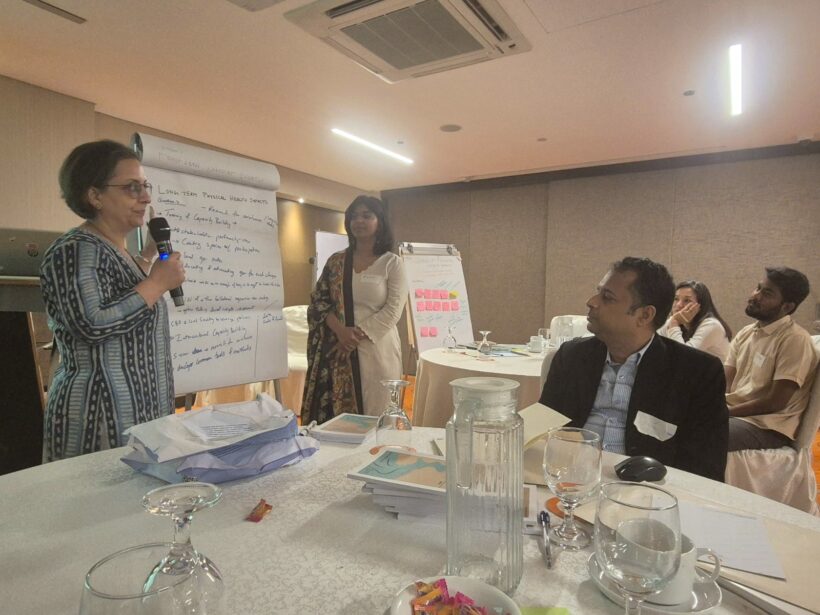Civil society representatives from across the Asia-Pacific region came together in Colombo, Sri Lanka for the Asia-Pacific ARA-TLS Knowledge Synthesis Symposium, held from February 24-26, 2025. Organized by Transition Research as the TLS project lead partner of the Adaptation Research Alliance (ARA), the symposium aimed to foster collaboration and knowledge-sharing among climate adaptation experts and practitioners.
The event served as a platform for participants to exchange experiences from their ongoing climate adaptation projects, and developing tools for effective evaluation and future planning. Through discussions and workshops, delegates honed strategies for scaling climate adaptation initiatives, addressing the region’s growing vulnerability to climate impacts.
Key topics of the symposium included health, human settlements, digital technology in food security, and adaptation goals. These areas were identified as critical in ensuring adaptation in the face of increasingly unpredictable climate patterns. Representatives discussed practical solutions for improving community health outcomes in a warming world, building resilient infrastructure for rapidly urbanizing regions, and utilizing digital tools to support food security and adaptation efforts.
The Tracking, Learning, & Sharing (TLS) initiative, a core component of ARA’s work, took center stage during the event. TLS is designed to encourage learning, engagement, and the active exchange of knowledge among ARA members, ensuring that vital lessons and insights from on-the-ground experiences are shared widely. Symposium participants were actively involved in contributing to the development and dissemination of impactful knowledge products that will inform future adaptation projects.
The three-day gathering was not just about knowledge exchange but also about fostering an inclusive and collaborative environment. ARA’s commitment to diversity and peer learning was evident throughout the event.
This symposium represents a significant step in enhancing regional cooperation on climate adaptation, with participants leaving with new knowledge, tools, and partnerships to help drive forward effective climate resilience strategies in their respective communities.







